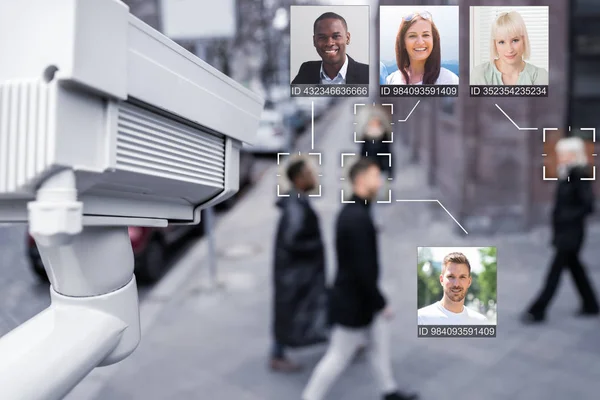Facial recognition technology refers to the utilization of systems that collect and analyze data related to an individual’s face. These systems are highly intrusive as they rely on the capture, extraction, storage, or sharing of people’s biometric facial data – often without explicit consent or prior notice. Such intrusive nature raises significant concerns about privacy, security, and civil liberties.
technology refers to the utilization of systems that collect and analyze data related to an individual’s face. These systems are highly intrusive as they rely on the capture, extraction, storage, or sharing of people’s biometric facial data – often without explicit consent or prior notice. Such intrusive nature raises significant concerns about privacy, security, and civil liberties.
Facial recognition technology (FRT) serves various purposes, such as identification, authentication/verification, or categorization of individuals. For example, individuals may use facial recognition to unlock their devices, authorize payments, or register for services, relying on ‘one-to-one’ matching with an existing facial image provided earlier.
In the context of law enforcement, FRT can be particularly controversial. The use of cameras to capture individuals’ facial images and process them in real-time (Live FRT) or at a later stage can lead to the creation of “digital signatures of identified faces.” These digital signatures are then compared against databases (“Watchlists”) containing facial images from various sources to identify potential matches.
However, facial recognition technology is not without flaws. There have been numerous incidents reported in various sources – (e.g. see “https://incidentdatabase .ai/ ” for more info ) that highlight the limitations and potential for misuse of AI recognition algorithms. Concerns about accuracy, bias, and the potential for false positives or negatives have raised questions about the responsible use of this technology.
A notable example from “https://www.nbcmiami.com/investigations/miami-police-used-facial-recognition-technology-in-protesters-arrest/2278848/” involved Miami police using facial recognition technology to identify and arrest protesters during demonstrations in Florida, prompting discussions about the implications for civil liberties. In particular when combine with photos including social media sites like Facebook, LinkedIn and Instagram.
The future use and misuse of facial recognition algorithms pose critical questions for policymakers, technologists, and society as a whole.
– How can we mitigate the inherent biases in AI recognition algorithms to prevent disproportionate impacts on certain demographics?
– How do we strike a balance between security needs and safeguarding privacy rights?
– What measures can be taken to ensure transparent and accountable deployment of facial recognition technology?
Current rules on facial recognition from MIAMI Police department: https://s3.documentcloud.org/documents/7038749/MIAMI-POLICE-POLICY.pdf
#FacialRecognition #AI #EthicalTech #PrivacyMatters #DataSecurity #DigitalPrivacy #TechEthics #FacialBiometrics #ResponsibleAI #BiometricTechnology #DataEthics
